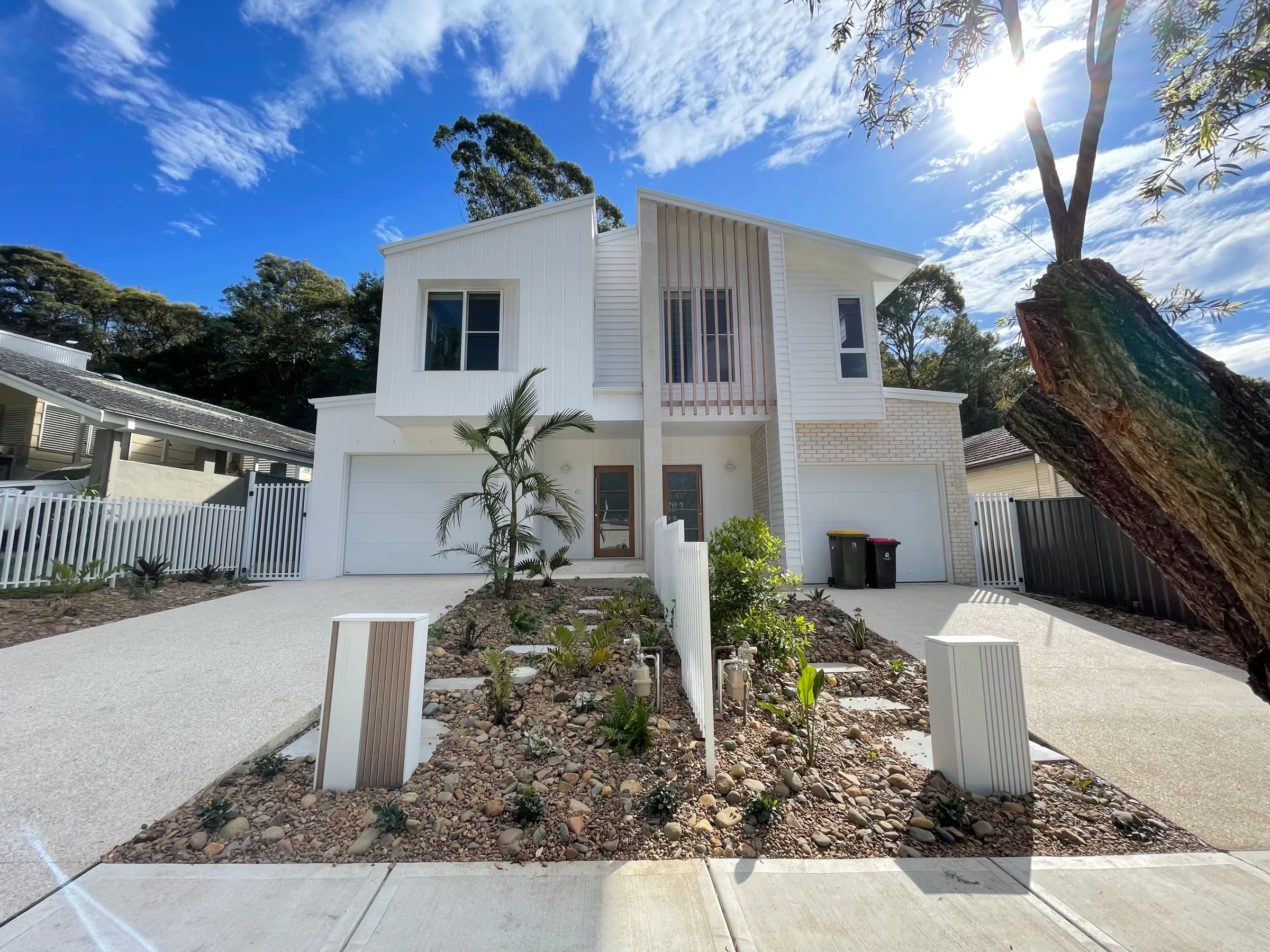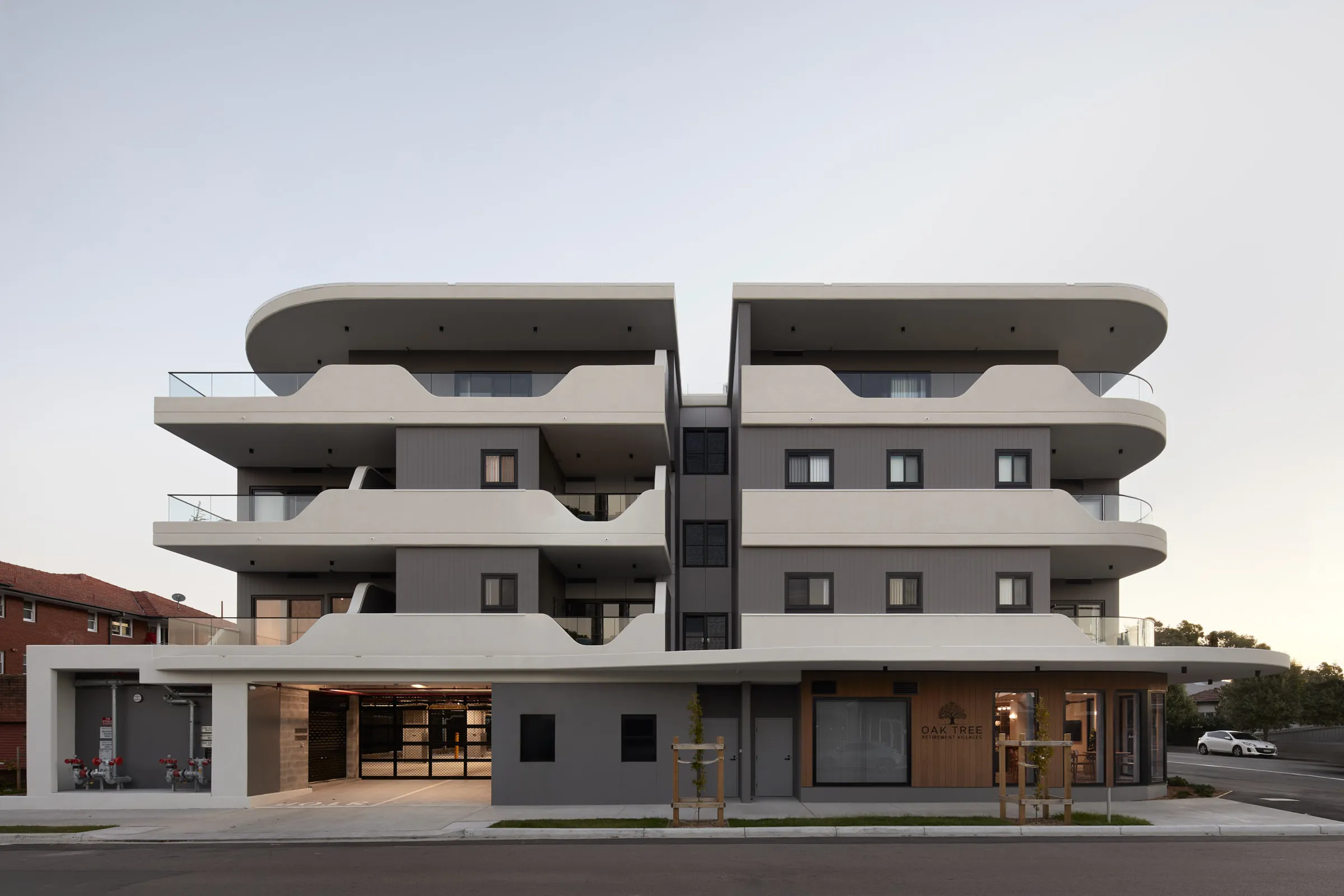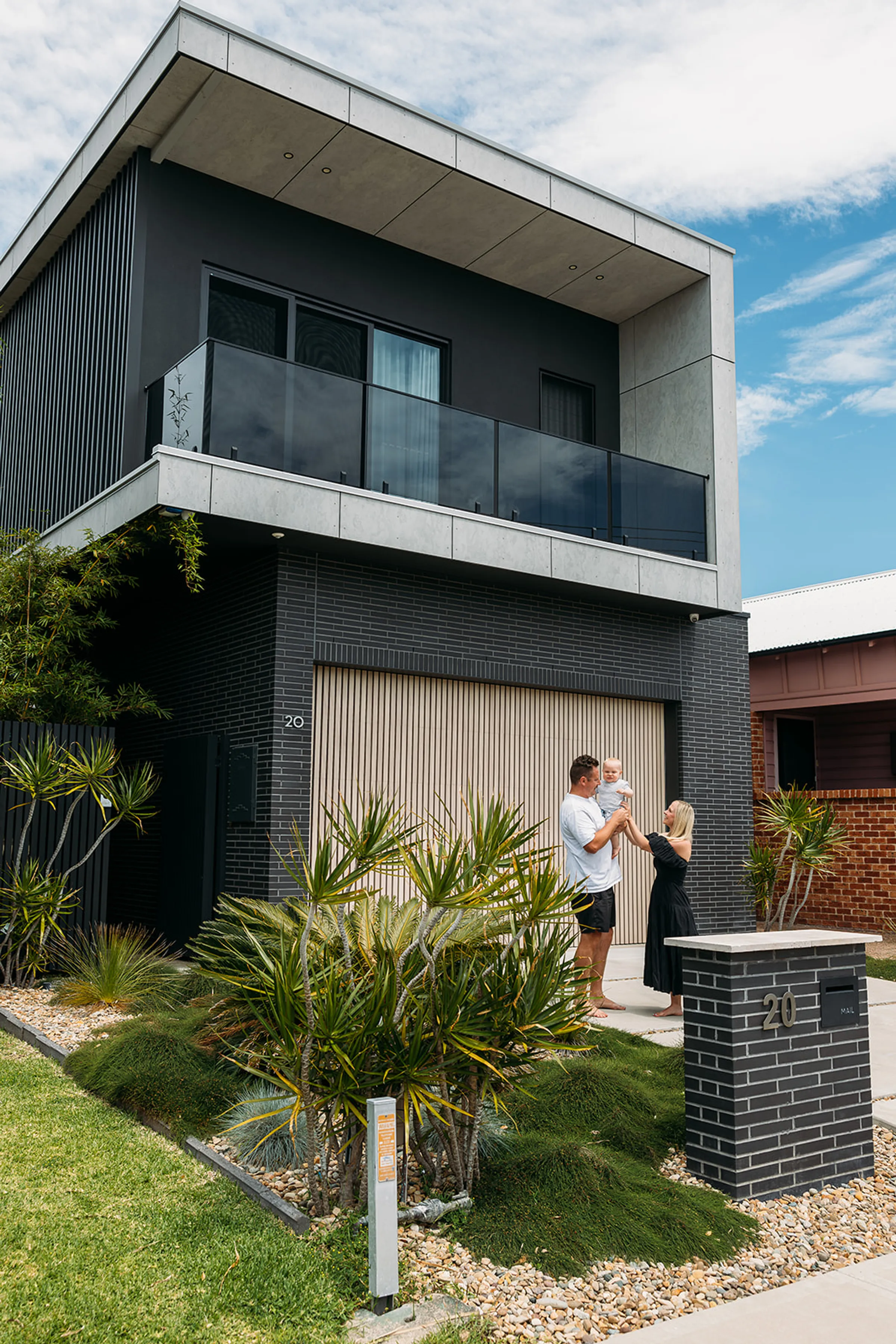
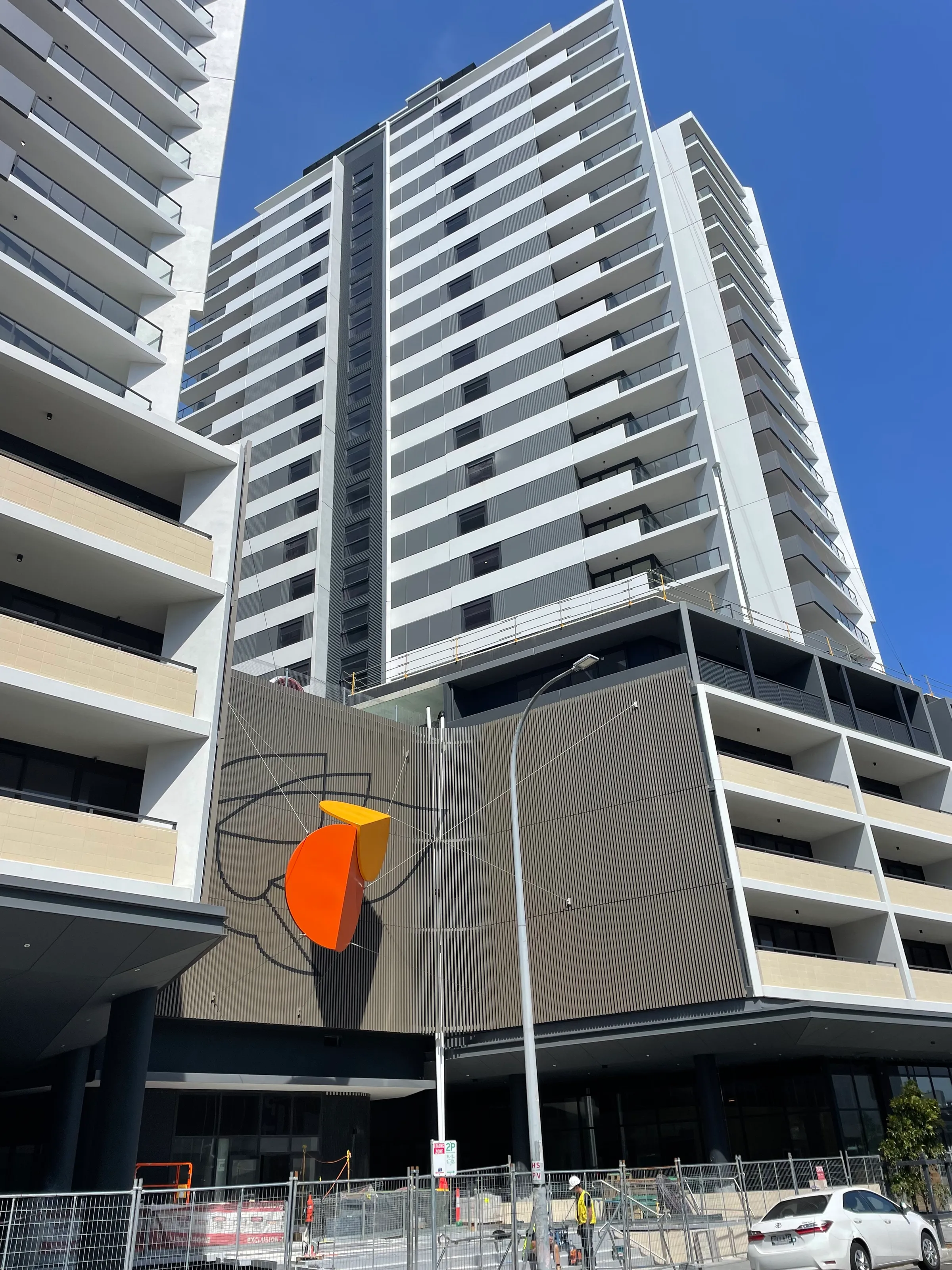
Residential NSW (Class 2, 3 & 4 buildings)

We've got your multi-residential certification sorted, making the complex simple and stress-free.
Large-scale residential developments don’t leave room for delay. From design to handover, you need a certifier who knows the complexities of multi-unit builds and mixed-use sites.
Buildcert helps commercial builders and developers get faster approvals and fewer hold-ups on projects like apartment complexes, aged care homes and mixed-use buildings. We understand the pressure to deliver safe, compliant buildings on time, and we’re here to make that part simple.

How we get your multi-residential certification sorted.
01
Getting StartedMost multi-residential projects in NSW require development consent from Council, followed by a construction certificate (CC) before construction can commence. Once you have your development consent, it's over to us to start the CC process.
For some group homes, you can skip the Council process and go down the complying development (CDC) route. If you are unsure, our team will guide you on the right pathway for your project.
To get your quote sorted, we just require a copy of your development consent and DA-stamped plans.
We’ll check over your plans, send you a clear quote and preliminary checklist, and once you give us the go-ahead, we’ll kick the process off straight away.
02
Get Your Documents Ready03
Lodgement & Assessment04
Construction & Final Sign-Off








[ Services ]
The right solution, every time.
Buildcert sorts everything from approvals to final sign-off, so you can have peace of mind knowing that you’ve got one team, all the way through. We’re your one-stop-shop for certification services.
Certification sorted.
For projects big or small, Buildcert gets your certification sorted. Trusted experience, clear communication and fast turnarounds mean you get less stress, more certainty, and support to keep your project moving.

- +47000Approvals issued.That's over 47,000 approvals, sorted.
- 15.6B$Total value of construction approved.$15.6B of construction approved and counting.
- +275000Inspections completed.Clients trust Buildcert because we’ve got the experience and know-how to get your certification sorted.
"Buildcert’s building compliance expertise was invaluable during our recent upgrades. Their team brought confidence, clarity and professionalism to a complex project, ensuring everything stayed compliant and on track from start to finish."
"Buildcert has been a reliable partner for years. Their proactive approach, local knowledge, and responsiveness take the stress out of certification for our team."
"Buildcert are a valuable partner for our team. Their practical guidance, collaborative approach and clear advice help us deliver bespoke designs that meet compliance without compromising creativity."
Ready to get your certification sorted?
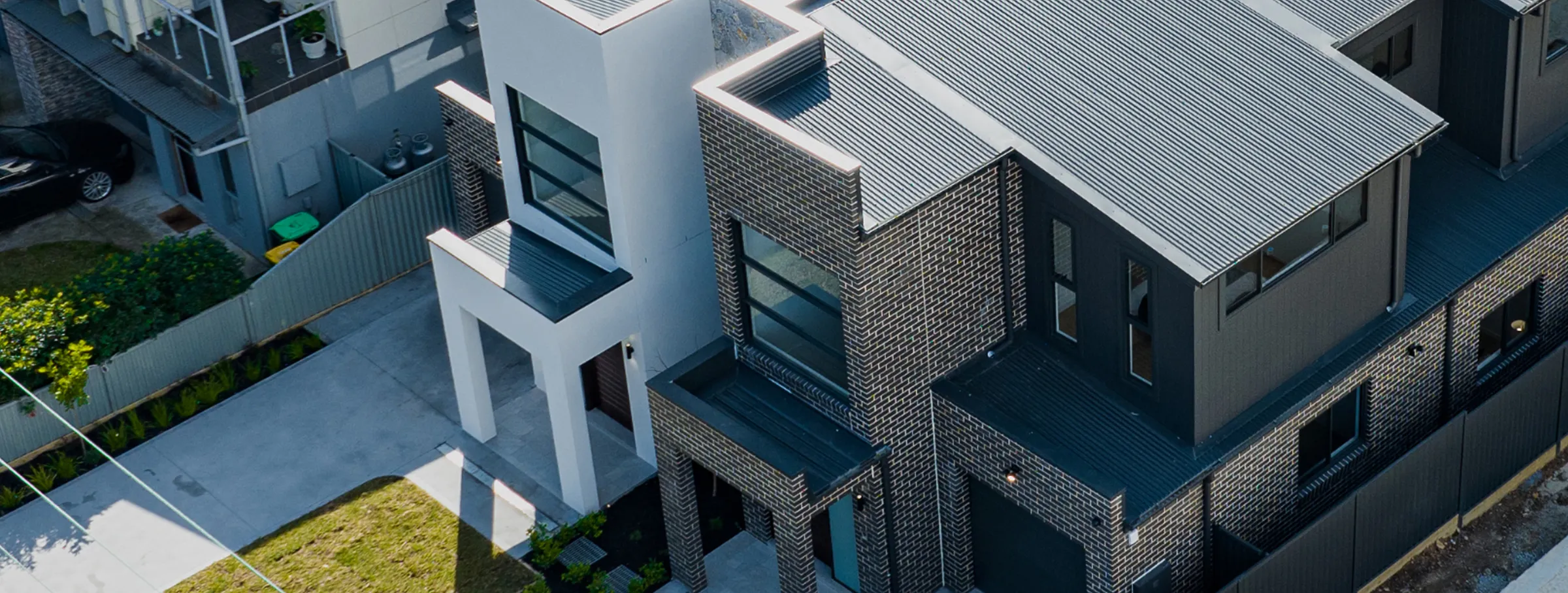
Frequently asked questions.
Got questions about multi-residential approvals or certification in general? We've put together answers to some of the most common ones.
What is the process for approving works or a change of use for commercial developments?
Commercial builds, fit-outs, or changes of use typically go through one of two approval paths:
- Development Application (DA) via your local council – standard route for more complex or site-specific projects.
- Complying Development Certificate (CDC) with a – quicker if your project meets the lot requirements and complying development codes in the State Environmental Planning Policy (SEPP).
Both paths require detailed plans and supporting documents. We recommend talking to a town planner before purchasing or leasing a commercial development.
Do I need a Building Code of Australia (BCA) report, and what’s included?
Can my certifier prepare a Building Code of Australia (BCA) report too?
What does ‘Deemed-To-Satisy’ (DTS) mean?
What’s a Performance Solutions Report?
What is a Clause 137 report, and when is it required?
Toolbox
Sorted.


